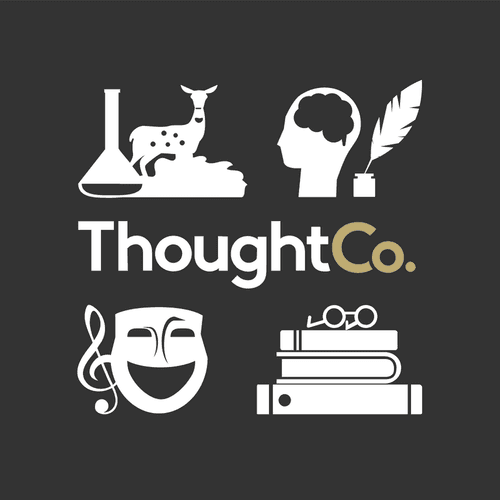Explore the World's Best Ideas
Join today and uncover 100+ curated journeys from 50+ topics. Unlock access to our mobile app with extensive features.
The scientific revolution
Human history is often framed as a series of episodes, representing sudden bursts of knowledge. The Agricultural Revolution, the Renaissance, and the Industrial Revolution are a few examples where it is generally thought that innovation moved quicker than at other points in history, leading to a shake-up in science, literature, technology, and philosophy.
The Scientific Revolution is the most notable of these, emerging just after the dark ages.
96
359 reads
Pseudo-Science
Much of the knowledge about the natural world during the middle ages dates back to the teachings of the Greeks and Romans. Many did not question these ideas, despite the many flaws.
- Aristotle taught everything beneath the moon was comprised of four elements: earth, air, water, and fire.
- Greek astronomer Claudius Ptolemy thought that heavenly bodies such as the sun, moon, planets and various stars all revolved around the earth in perfect circles.
- The ancient Greeks and Romans held to the idea that illnesses were the result of an imbalance of four basic substances and was related to the theory of the four elements.
104
358 reads
Rebirth and Reformation
- During the Renaissance, there was a renewed interest in the arts and literature. It led to a shift toward more independent thinking.
- In 1517, Martin Luther nailed his 95 theses to the door of the Roman Catholic Church. Luther promoted his thoughts by printing and distributing them, encouraging churchgoers to read the Bible for themselves. This led to the Protestant Reformation.
- In the process, the criticism and reform led to placing the burden of proof ahead in understanding the natural world, paving the way for the scientific revolution.
92
230 reads
Nicolaus Copernicus
The man who started the scientific revolution was a Renaissance mathematician and astronomer, Nicolaus Copernicus.
Copernicus developed a heliocentric alternative to Ptolemy's planetary system. His system placed the Sun at the center instead of the Earth. The detailed controversial theory of Copernicus enraged the Catholic church, and was eventually banned in 1616.
95
217 reads
Johannes Kepler
After the heliocentric model was banned, Johannes Kepler, a German mathematician, developed a keen interest and later published a public defense of Copernicus' theories.
Corpernicus' model still had flaws in predicting planetary motion. Kepler theorized that planetary bodies orbit along an elliptical path, and not perfect circles as Ptolemy and Copernicus had assumed.
Kepler also made other notable discoveries.
89
200 reads
Galileo Galilei
Galileo Galilei, a contemporary of Kepler, built a telescope and began fixing its lens on the planets. He made a series of remarkable discoveries: that the moon was not flat and smooth, there were spots on the sun, Jupiter had moons that orbited it, Venus had phases like the moon, which proved that the planet rotated around the sun.
Galileo published his findings but was later put on trial for heresy and put under house arrest for the remainder of his life. He never stopped his research and published several theories until his death in 1642.
91
180 reads
Isaac Newton
Several decades later, the English mathematician Isaac Newton proved the Copernican heliocentric model. Newton's discoveries in many ways marked the end of the Scientific Revolution. His achievements became the foundation for modern physics.
In 1687, Newton described three laws of motion to help explain the mechanics behind elliptical planetary orbits. He also made several other significant contributions to the field of optics.
89
249 reads
IDEAS CURATED BY
"With great power comes great responsibility". We all know who said that, but it's so true.
Lila H.'s ideas are part of this journey:
Learn more about scienceandnature with this collection
How to manage digital distractions
The impact of technology on mental health
The importance of setting boundaries
Related collections
Similar ideas
4 ideas
What If Earth Stopped Spinning?
science.howstuffworks.com
5 ideas
Four amazing astronomical discoveries from ancient Greece
theconversation.com
Read & Learn
20x Faster
without
deepstash
with
deepstash
with
deepstash
Personalized microlearning
—
100+ Learning Journeys
—
Access to 200,000+ ideas
—
Access to the mobile app
—
Unlimited idea saving
—
—
Unlimited history
—
—
Unlimited listening to ideas
—
—
Downloading & offline access
—
—
Supercharge your mind with one idea per day
Enter your email and spend 1 minute every day to learn something new.
I agree to receive email updates
